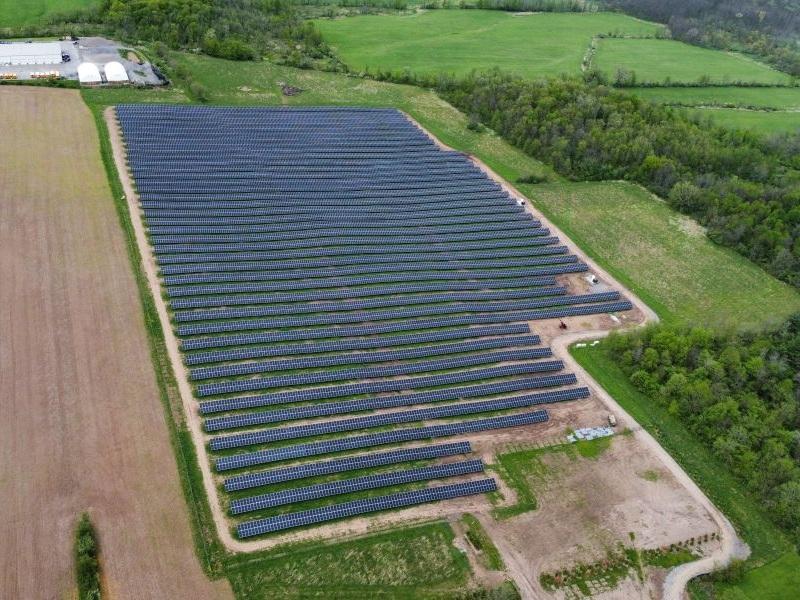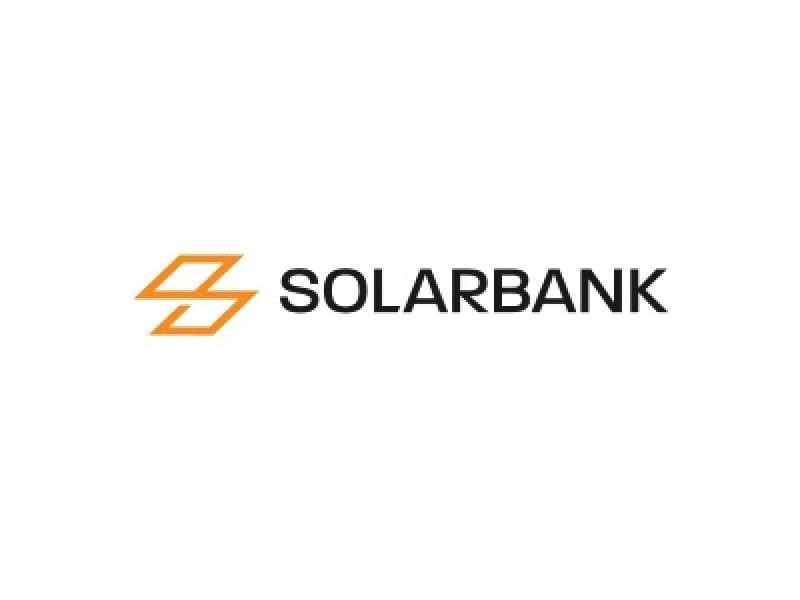
PowerBank Corporation (SUNN-Q) will be using a $1.74-million grant managed by Halifax non-profit Net Zero Atlantic to help fund development of three community solar projects in Nova Scotia.
Toronto-based PowerBank is the lead developer and builder of the three installations — the Brooklyn, Petpeswick and Sydney solar projects. Local firm Trimac Engineering will help PowerBank on delivery.
The projects are 52 per cent owned by a non-profit organization or the Potlotek First Nation based in Richmond County, N.S., and 48 per cent owned by Woodbridge, Ont.-based AI Renewable Flow-through Fund.
Over half of the grant funding ($960,000) will go to the Brooklyn project, with approximately a quarter ($440,000) directed to Petpeswick and the remainder ($340,000) to Sydney.
The economic value of the projects is approximately $25 million, Tracy Zheng, chief development officer of PowerBank, said in an interview with Sustainable Biz Canada.
Altogether, the community solar developments are to generate 12.4 megawatts (MW) of direct current electricity.
The grant supports not only help PowerBank’s projects but “the development of the community solar industry, and made it available to the community members in order to reduce their electricity costs,” Richard Lu, president and CEO of PowerBank, said in an interview.
PowerBank, formerly SolarBank, is a solar project owner and developer that has been branching out into energy storage, data centres and cryptocurrency.
Net Zero Atlantic is a research organization dedicated to the transition of the region to carbon neutrality. It managed the grant given to PowerBank, which was provided by the Nova Scotia government as part of its commitment to sustainability.
The Brooklyn, Petpeswick and Sydney solar projects
Details of the three projects were announced earlier this year.
The Brooklyn project is a 6.9 MW installation estimated to cost $13.9 million. It is being developed with the aid of the Nova Scotia Community Solar Program. The program helps community groups and organizations set up solar projects on their properties so the clean electricity can be sold onto the provincial grid.
The Petpeswick development is described as a “solar garden,” to be located on West Petpeswick Road along Halifax Regional Municipality’s eastern shore. AI Renewables and the Chabad Lubavitch Society of Atlantic Canada are partnering on the project.
The 2.4 MW Sydney project is expected to generate enough electricity to power the equivalent of 221 homes for a year. Its carbon impact will be the equivalent to taking 415 cars from the road, PowerBank said in a release. The local economic value of investment and construction jobs is estimated to be $4.57 million.
Such projects inch the province toward its target of generating 80 per cent of its electricity from renewable sources by 2030, compared to 43 per cent in 2024. Nova Scotia’s government has prioritized adding more wind and solar electricity generation to its power mix, plus battery storage and natural gas for enhanced energy reliability.
PowerBank has 40 MW of operating solar assets in Canada and the U.S., 60 megawatt-hours of energy storage under construction in Ontario, and 500 MW of projects in the permitting stage in both countries. It has completed over 100 MW of solar projects and has a development pipeline of over one gigawatt in North America, it says.
PowerBank plans to develop projects in Ontario, Alberta, British Columbia, Lu said.










